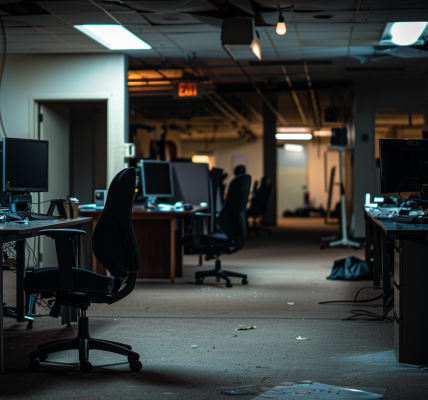A bipartisan group of U.S. senators from Massachusetts is taking a proactive stance regarding the funding and operational status of the Chandra X-ray Observatory, a pivotal instrument in the field of astrophysics. On October 30, these senators sent a formal inquiry to Patrick Slane, the director of the Chandra X-ray Center, seeking clarity on the telescope’s future amid recent funding discussions.
For the past 25 years, the Chandra X-ray Observatory has been a cornerstone for astronomical research, enabling scientists to make groundbreaking discoveries about the universe. Its ability to observe X-ray emissions from high-energy regions of space has provided insights that were previously unattainable.
This summer, NASA announced plans to cut funding for several projects, including the Chandra telescope, as part of broader budgetary constraints. The potential reduction in funding sparked significant concern within the scientific community, as many researchers feared that such cuts would jeopardize ongoing and future projects reliant on Chandra’s capabilities.
Initially, NASA appeared steadfast in its decision regarding Chandra’s funding. However, recent developments indicated a shift in approach, with agency representatives announcing that plans to reduce funding would be paused while awaiting a new budget proposal. This change has prompted the Massachusetts senators to seek further information directly from the Chandra X-ray Center.
The senators’ letter addresses several key questions that have been circulating in the scientific community. They seek to understand the effectiveness of the research conducted with the Chandra telescope, the implications of potential funding cuts, and how the observatory might operate without a cooling system, which is essential for its optimal performance.
The dialogue initiated by the senators represents a significant step in bridging the gap between policymakers and the scientific community. By directly engaging with researchers at the Chandra X-ray Center, the senators aim to gather comprehensive insights that will inform future funding decisions and ensure the continued success of the observatory.
Massachusetts is particularly relevant in this discussion, as the town of Cambridge is home to institutions closely associated with the Chandra telescope. The senators’ involvement underscores the importance of local advocacy in safeguarding scientific endeavors that have far-reaching implications for our understanding of the universe.
The Chandra X-ray Observatory has been instrumental in numerous scientific advancements, including studies of black holes, supernova remnants, and the distribution of dark matter. Its advanced technology allows it to capture high-resolution images of X-ray sources, providing a unique perspective on cosmic phenomena.
As the inquiry progresses, it is anticipated that the responses from the Chandra X-ray Center will shed light on the telescope’s operational efficiency and the potential consequences of funding cuts. The outcome of this dialogue may significantly influence not only the future of the Chandra telescope but also the broader landscape of astrophysical research in the United States.
In the coming weeks, the scientific community will be closely monitoring the developments surrounding the Chandra X-ray Observatory, as the implications of funding decisions will resonate beyond the immediate operational concerns of the telescope. The outcome of this inquiry could set a precedent for how scientific funding is approached in the future, particularly for long-standing and successful projects that continue to yield valuable insights into the cosmos.





